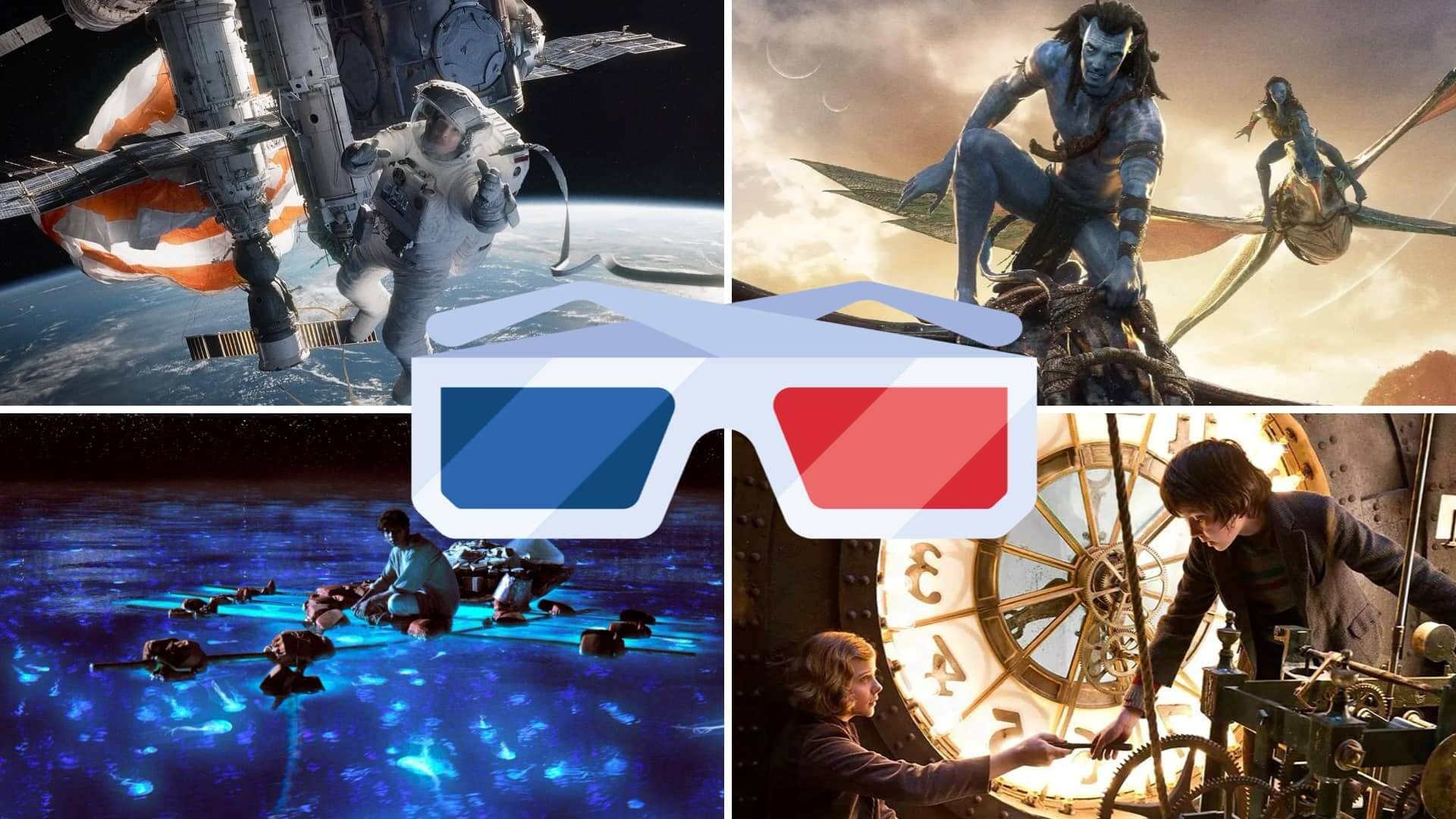3D movies have revolutionized the way we experience films. Technological advancements have paved the way for a captivating and visually breathtaking viewing experience that, not too long ago, would have seemed unimaginable. But is a 3D movie exactly, and how did they come to be? In this article, we will explore the history of 3D movies, define what makes a movie 3D, and take a look at some of the most iconic examples of 3D films.
What is 3D Movie in CInema?
First, let’s define 3D movies
Before we delve into the iconic examples of 3D movies that have left a mark on the global cinematic landscape, it's essential to understand the definition of a 3D movie and the technology behind it.
3D MOVIE DEFINITION
What is a 3D Movie?
A 3D movie is a motion picture that enhances the illusion of depth perception by employing stereoscopic film techniques. This is achieved by recording images from two slightly different perspectives, mimicking the way human eyes perceive depth and form a three-dimensional view of the world. When these images are simultaneously projected onto a screen and viewed through special glasses, the brain integrates them into a single three-dimensional image.
This immersive viewing experience sets 3D movies apart from traditional 2D films, making the audience feel as if they are part of the unfolding action on screen.
Iconic 3D Movie Examples:
- Avatar (2009)
- Hugo (2011)
- Life of Pi (2012)
3D FIlm History
History of 3D Movies
The concept of 3D movies can be traced back to the early 1900s when inventors, driven by their curiosity and passion for innovation, embarked on a journey to explore the possibilities of stereoscopic images.
Through their relentless experimentation, they discovered that by presenting two slightly different images simultaneously, they could create a captivating illusion of depth. This breakthrough in technology laid the foundation for the mesmerizing world of 3D movies that we know today. This historical process is broken down in this video analysis below.
The History of 3D Movies In 3 Minutes
The first ever 3D film to hit the screens was The Power of Love, released in 1922, which offered theater-goers a unique, innovative experience, albeit it didn't spark the widespread popularity.
However, it wasn't until the 1950s that 3D movies truly captured the imagination of audiences worldwide. It was during this decade that Bwana Devil, a groundbreaking film, made its debut and ignited the 3D craze.
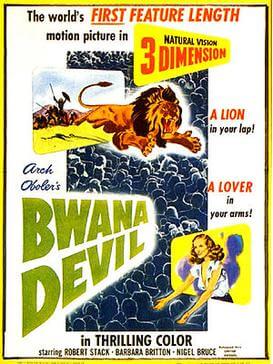
What was the First 3D Movie • Bwana Devil
This pioneering movie not only amazed viewers with its immersive visual experience but also set the stage for the remarkable advancements in 3D filmmaking that would follow.
From its humble beginnings in the early 1900s to the revolutionary spark ignited by Bwana Devil in the 1950s, the journey of 3D movies has been a remarkable tale of innovation and captivating storytelling.
Today, thanks to the tireless dedication and creative genius of countless filmmakers and visionaries, we have the incredible opportunity to immerse ourselves in awe-inspiring 3D worlds.
How is 3D Movies Made and Created?
What Makes a Movie 3D?
A movie is considered 3D when it creates the illusion of depth, making images appear to have height, width, and depth. This effect is achieved by using two separate images, one for the left eye and one for the right eye, which are then projected onto the screen simultaneously.
The audience wears special glasses that filter out certain images, allowing each eye to see a slightly different image and creating the illusion of depth.
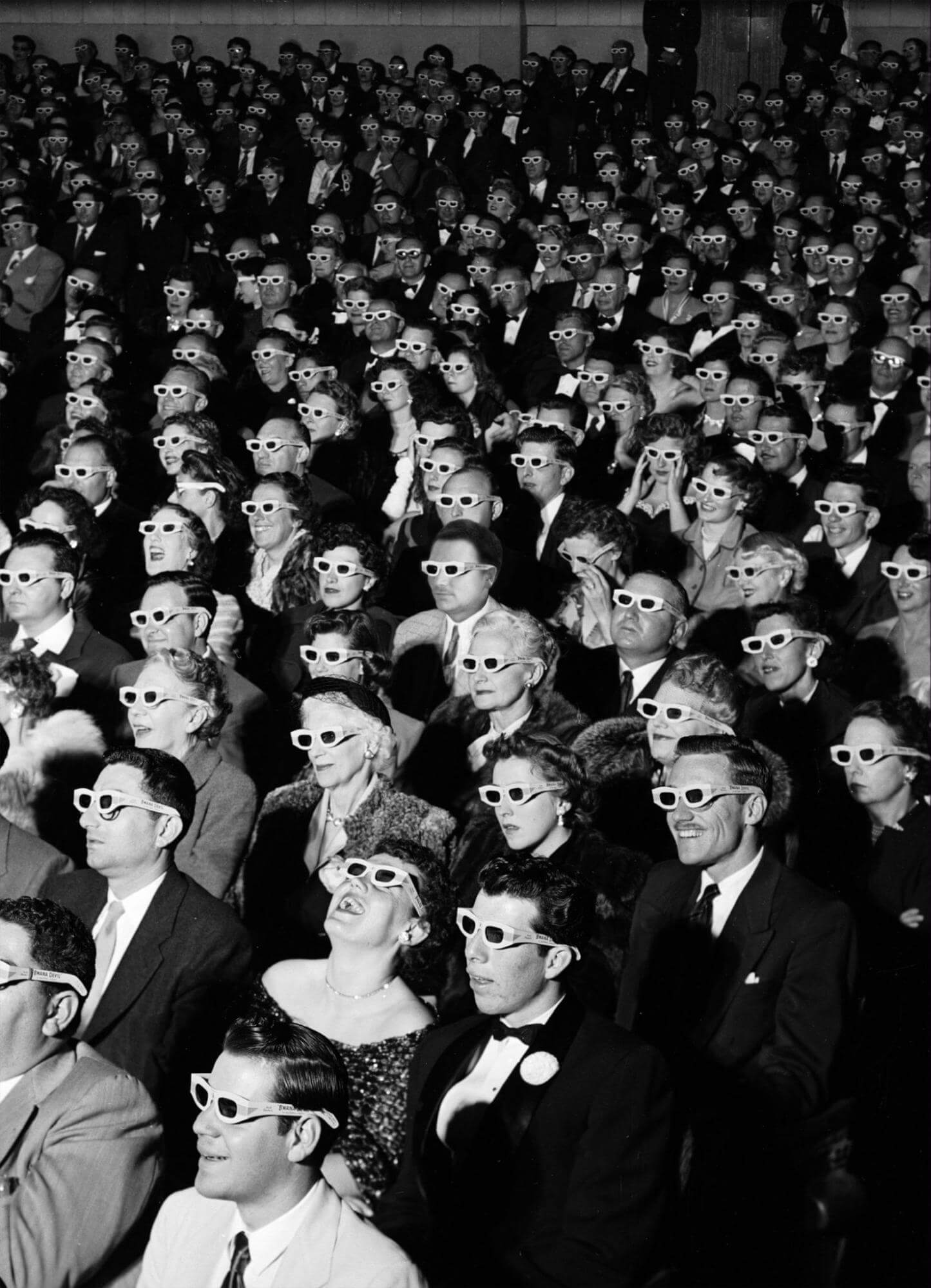
"Bwana Devil" Premiere, Hollywood, CA, 1952
The science behind 3D movies is fascinating. It's a collaborative effort by professionals who work together to bring these captivating films to life.
The short explanation of how 3D movies work is that instead of one image being captured by a film camera, two separate cameras or lenses are used to record two separate, slightly different images.
In the old days, the 3D glasses had one eye tinted red and the other blue. On the film print, each separate image was also tinted red or blue and the glasses would "filter out" those colors so that we again perceive the two separate images. Today, the process uses polarized light instead of color tints, as this video explains.
How 3D Glasses Work
From visionary directors and talented cinematographers to creative production designers and skilled VFX artists, every aspect of the filmmaking process plays a crucial role in creating an immersive 3D experience for the audience.
And with advancing technology, the possibilities for 3D filmmaking are truly endless, opening up a whole new world of breathtaking and realistic VFX.
Related Posts
Best 3D Movies
Iconic Examples of 3D Movies
Over the years, there have been numerous 3D movies that have captivated audiences and pushed the boundaries of filmmaking. Let's explore some of the most iconic examples and how they showcase the advancements in 3D technology and enhance storytelling through visuals.
Avatar (2009)
Directed by James Cameron, Avatar is hailed as a groundbreaking film that revolutionized the use of 3D technology. With its immersive world and stunning VFX, it transported viewers to the vibrant, alien planet of Pandora.
Avatar & Avatar 2 Behind the Scenes • Subscribe on YouTube
Jurassic Park (1993)
Steven Spielberg's Jurassic Park brought dinosaurs to life like never before. Through the use of 3D technology, audiences were able to experience the thrill and danger of these prehistoric creatures in a whole new dimension. On the 20th anniversary of the film, it was re-released in 3D format, further solidifying its status as a classic.
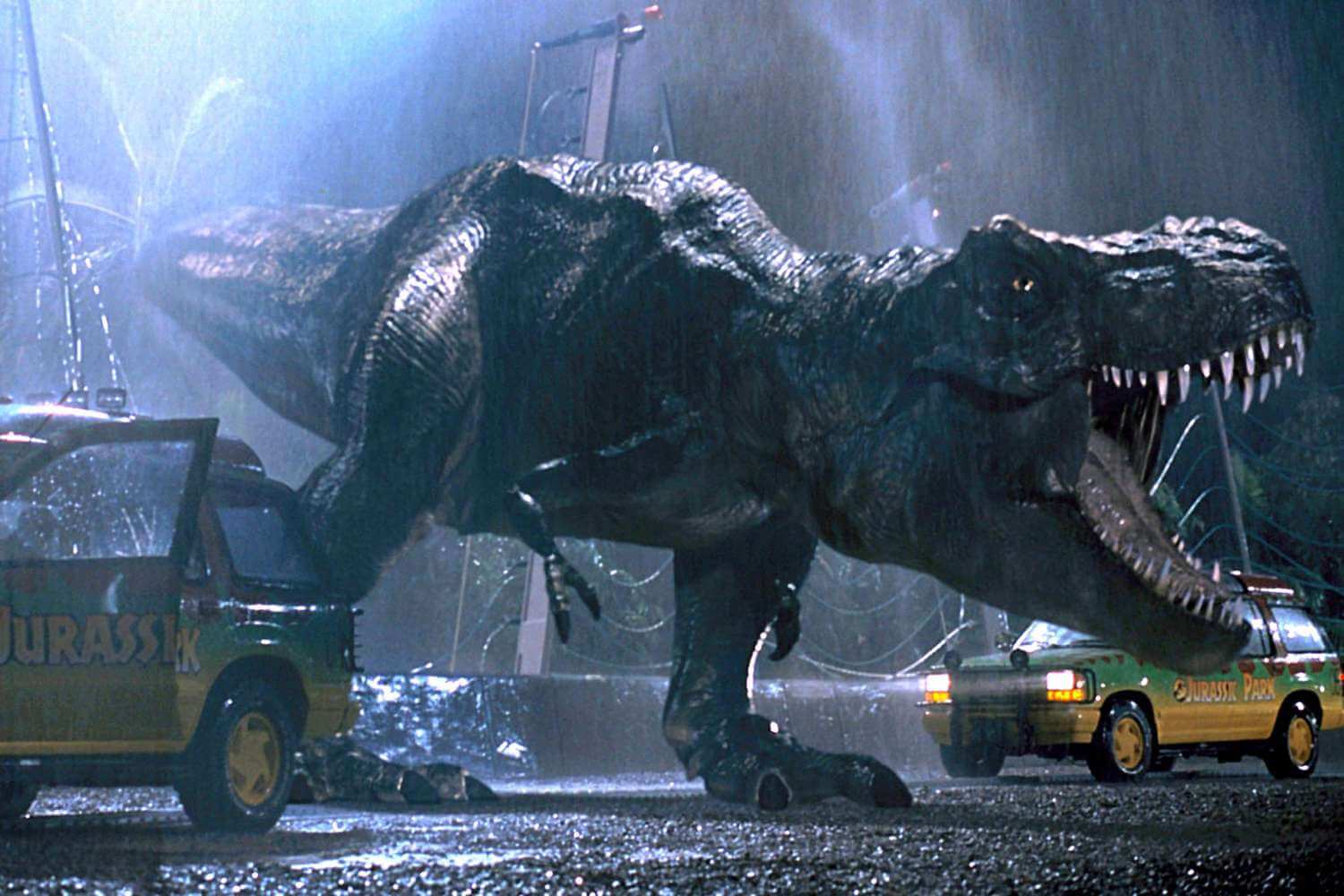
Jurassic Park
Gravity (2013)
Directed by Alfonso Cuarón, Gravity took audiences on a gripping and visually stunning journey in space. The film's use of 3D visuals added to the realism and intensity of the astronauts' struggle for survival.
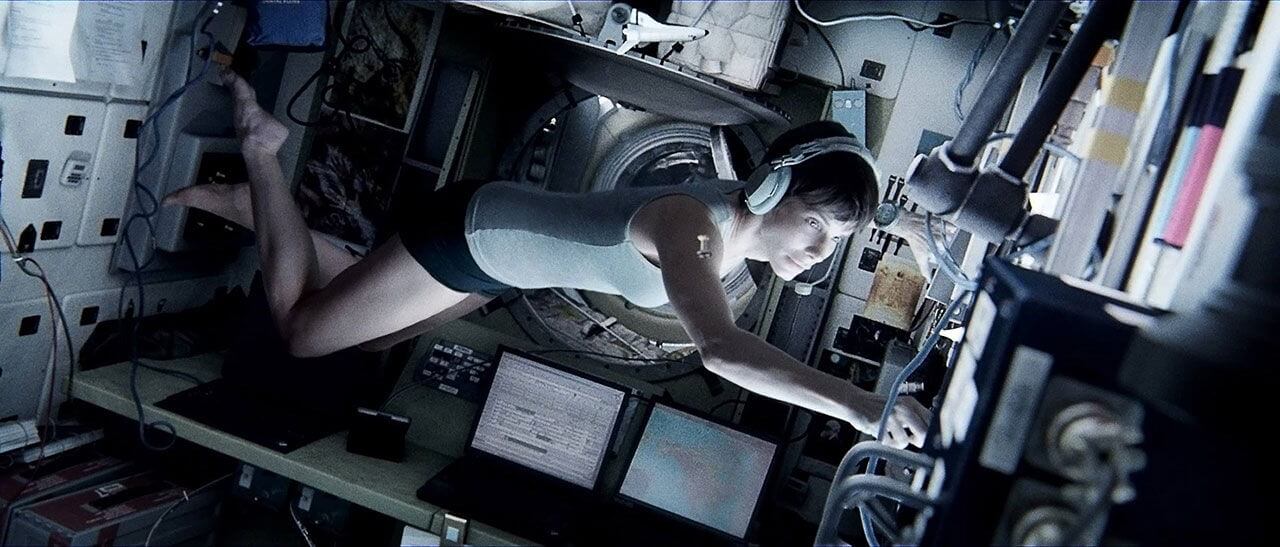
Gravity
Each of these films not only showcases the technical advancements in 3D technology but also demonstrates the artistic and storytelling potential that can be achieved through the use of 3D visuals.
As technology continues to evolve, 3D movies are expected to become even more immersive and realistic. With the introduction of virtual reality and augmented reality, there is potential for an even more interactive experience for viewers.
Additionally, advancements in 3D printing could allow for customized glasses that cater to each individual's vision, making 3D movies accessible to a wider audience.
3D movies have truly evolved since they first emerged, captivating audiences with breathtaking visuals and storytelling. And guess what? There's even more excitement on the horizon as we anticipate further advancements in the world of 3D cinema.
Up Next
When Were Movies Invented?
Having explored the fascinating world of 3D movies, let's journey back in time to the origins of this visual art form, as we dive into the beginnings and invention of movies themselves.
Up Next: The Birth of Cinema →
Showcase your vision with elegant shot lists and storyboards.
Create robust and customizable shot lists. Upload images to make storyboards and slideshows.
